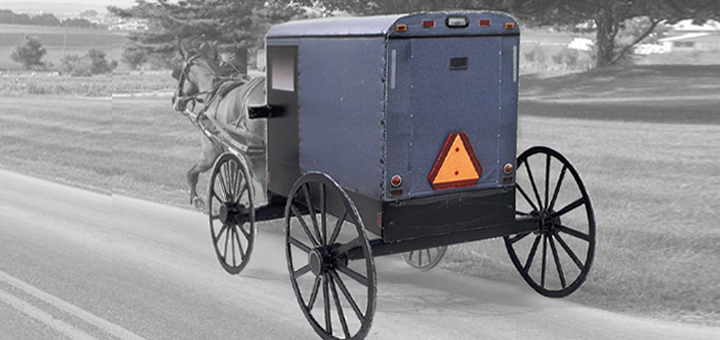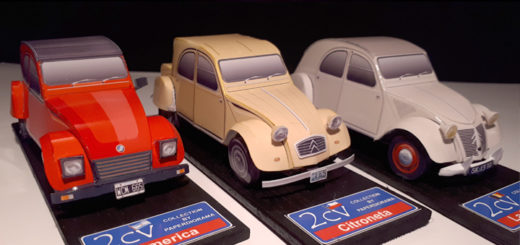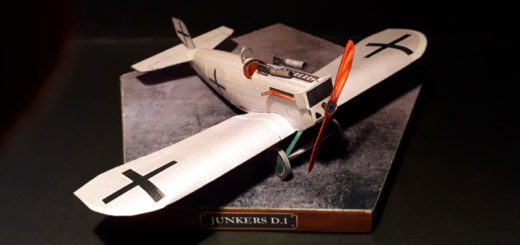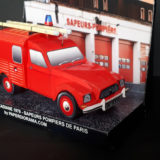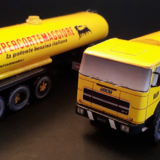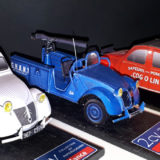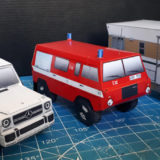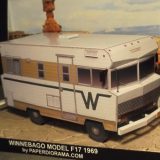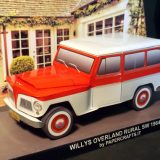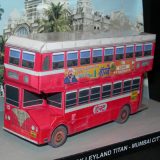Amish Buggy
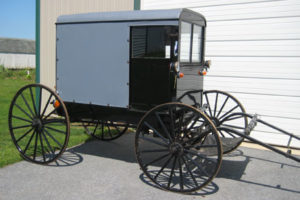 Buggies are the iconic symbol of the Amish culture. Despite what you heard, the Amish aren’t against technology. Communities adopt new gadgets such as fax machines and business-use cell phones all the time—so long as the local church approves each one ahead of time, determining that it won’t drastically change their way of life.
Buggies are the iconic symbol of the Amish culture. Despite what you heard, the Amish aren’t against technology. Communities adopt new gadgets such as fax machines and business-use cell phones all the time—so long as the local church approves each one ahead of time, determining that it won’t drastically change their way of life.
So it is with the Amish horse-drawn buggy. You might have thought the technology inside this 1800s method of transportation stopped progressing right around then. Instead, buggy tech keeps advancing, and buggy makers have become electricians and metalworkers to build in all the new tech you can’t see under the traditional black paint.
Electrical
States with large Amish populations, such as Ohio and Pennsylvania, have laws that require buggies to light up when sharing public roads with automotive traffic. Which means these old-fashioned vehicles have electrical components.
Brakes
Buggy brakes are automotive-style, non-powered drum or disc brakes mounted to two wheels. When a driver wants to stop, he or she halts the horse using the reins and halts the buggy by stepping on the brake pedal so that it doesn’t run into the horse.
Body
The main body is fiberglass. It’s pre-manufactured off-site and shipped to Amish builders across the country for finishing. They add aluminum components to areas that see a lot of wear, such as door sills. Everything else is white oak or ash wood framing stretched over with fabric, plusher linings for interior surfaces, and a tough polyester for exterior surfaces, all to save weight.
Tires and Wheels
Amish buggies roll on either steel or solid rubber tires, but most use steel; steel-tire buggy pulls easier than a rubber-tire one because of the compression of the rubber.

